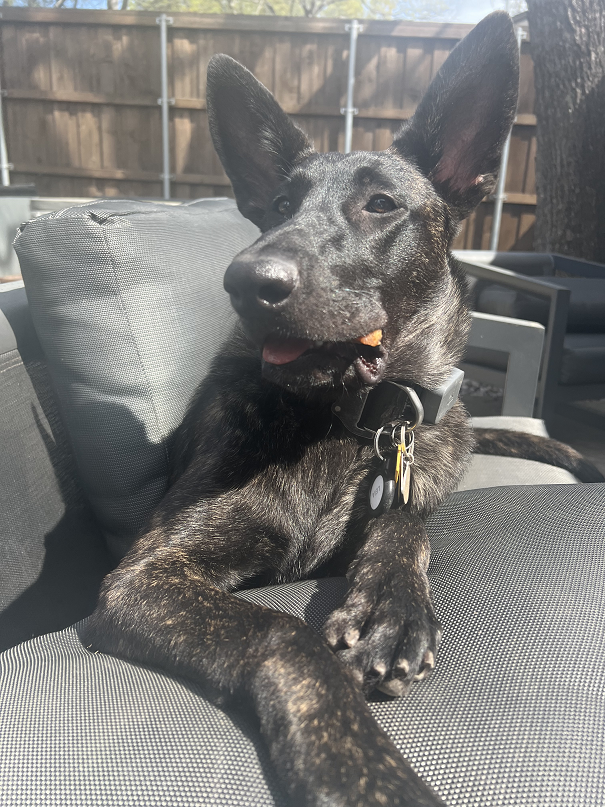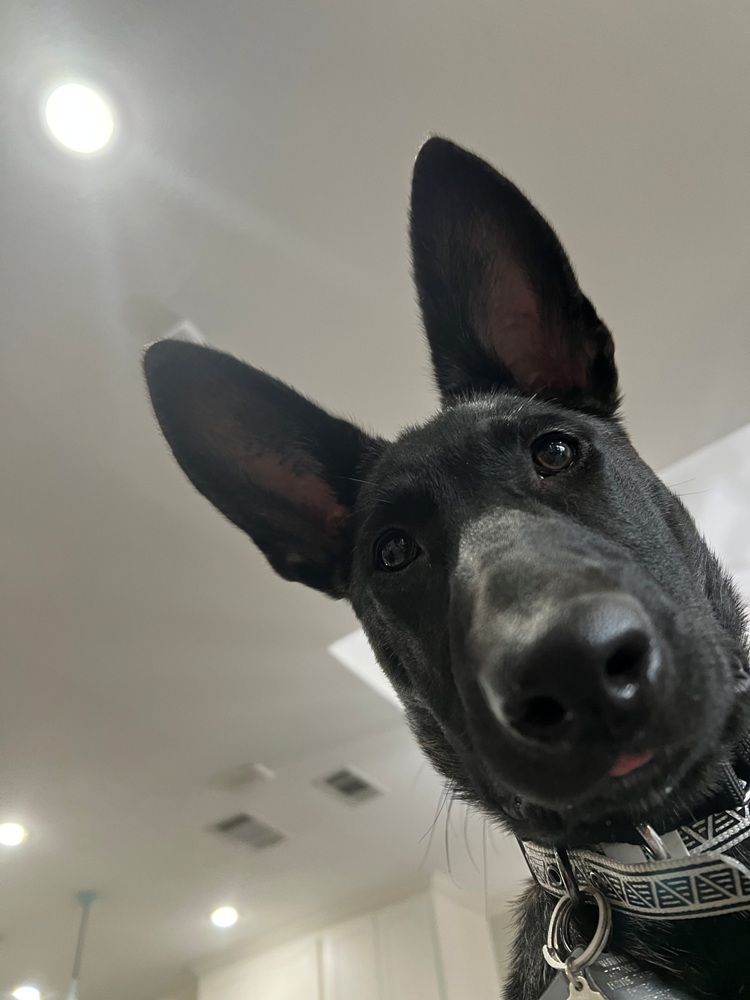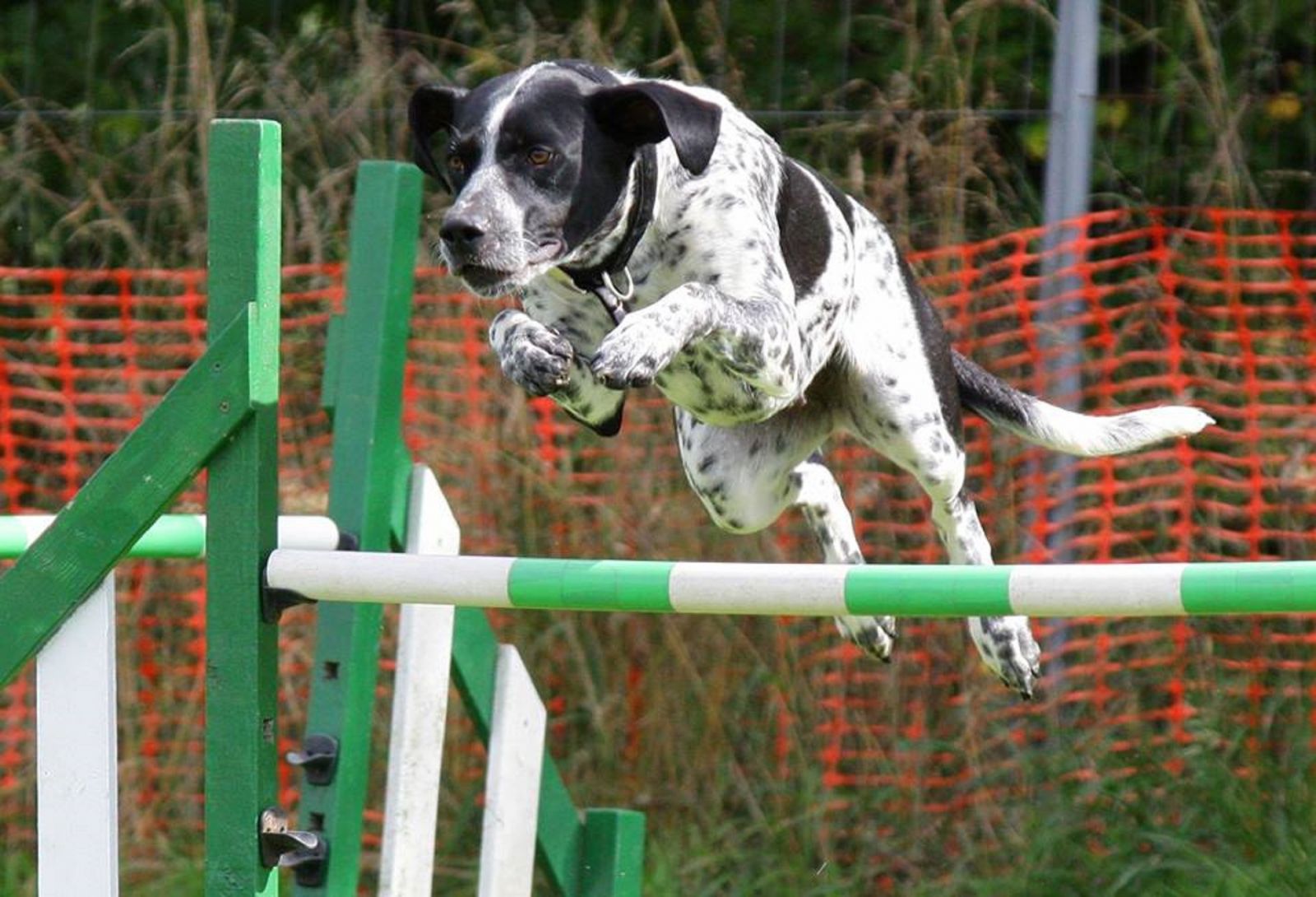Socialization plays a pivotal role in raising a well-behaved and confident dog. A well-socialized dog is a joy to live with and a reliable companion who can easily handle various situations. This blog delves into effective socialization strategies to help your dog become a confident canine citizen. We will explore the nuances of dog training and behavior, providing practical tips to ensure your dog grows into a well-rounded and happy family member.
Understanding Dog Socialization
Socialization refers to the process of exposing your dog to a variety of experiences, environments, people, and other animals. The goal is to ensure your dog feels comfortable and behaves appropriately in different situations. Proper socialization helps prevent behavioral problems such as fear, aggression, and anxiety.
The Importance of Early Socialization
The critical period for puppy socialization is between 3 and 14 weeks of age. During this time, puppies are more receptive to new experiences. Introducing them to a wide range of stimuli, including different sounds, sights, and textures, is essential. Positive experiences during this period lay the foundation for a well-adjusted adult dog.
Steps to Successful Socialization
1. Introduce Gradually
Start by gradually introducing your puppy to new experiences. Avoid overwhelming them with too many new things at once. Begin with a calm environment and slowly increase the complexity of the situations they encounter. For example, start with a quiet park before taking them to a busy street.
2. Positive Reinforcement
Use positive reinforcement to create positive associations with new experiences. Treats, praise, and affection can go a long way in making your dog feel comfortable and happy. If your dog shows signs of fear or anxiety, step back and allow them to approach the situation at their own pace.
3. Expose to Different Environments
Another strategy for initiating your dog’s training and behavior includes exposing your dog to various environments, such as parks, beaches, urban areas, and even different weather conditions. Each environment presents unique challenges and stimuli, helping your dog adapt to different situations. Keep these experiences positive by keeping them short and enjoyable.
4. Meet New People
Introduce your dog to a diverse range of people, including children, adults, and individuals wearing different types of clothing. This helps your dog learn that people come in various shapes and sizes and are not to be feared. Encourage gentle interactions and reward your dog for calm behavior.
5. Interact with Other Animals
As one of the most important factors aligned with dog training and behavior, supervised interaction with other dogs and animals is crucial for social development. Arrange playdates with well-behaved dogs and consider enrolling in puppy socialization classes. These interactions teach your dog necessary social cues and improve their ability to communicate with other animals.
Common Challenges and Solutions
Fear and Anxiety
During certain dog training and behavioral sessions, some dogs may show fear or anxiety, especially, when exposed to new situations. Recognizing signs of stress, such as trembling, excessive barking, or hiding, is essential. To help your dog overcome fear, gradually desensitize them to the source of anxiety. Start with brief exposures at a distance and progressively increase the duration and proximity as your dog becomes more comfortable.
Aggression
Aggression can stem from fear, lack of socialization, or territorial behavior. If your dog displays aggressive behavior, seek the help of a professional dog trainer or behaviorist. They can assess the underlying cause and provide a tailored training plan to address the issue. Never use punishment, as it can exacerbate aggression and damage your relationship with your dog.
The Role of Training in Socialization
Training and socialization go hand in hand. Basic obedience training, such as teaching commands like "sit," "stay," and "come," provides a foundation for good behavior. Training sessions should be fun and rewarding, reinforcing positive behavior and building your dog's confidence. Consistent training establishes you as a leader, helping your dog feel secure and guided.
Maintaining Socialization Throughout Life
Socialization is not a one-time event but an ongoing process. Continue exposing your dog to new experiences, environments, and interactions throughout life. Regular outings, playdates, and training sessions keep your dog's social skills sharp and prevent behavioral issues from developing.
Raise a Happy and Well-Behaved Dog
Helping your dog become a confident canine citizen through socialization is rewarding. By introducing your dog to various experiences, using positive reinforcement, and addressing challenges patiently, you can ensure they grow into a well-adjusted and happy companion. Remember, socialization is a lifelong process that requires dedication and consistency. With the right dog training and behavioral strategies, you can pave the way for a fulfilling and harmonious relationship with your beloved pet.






